What defines your generation? 16 Canadians weigh in
Prominent baby boomers, Gen Xers, millennials and Gen Zs speak up about what it means to be from their cohort
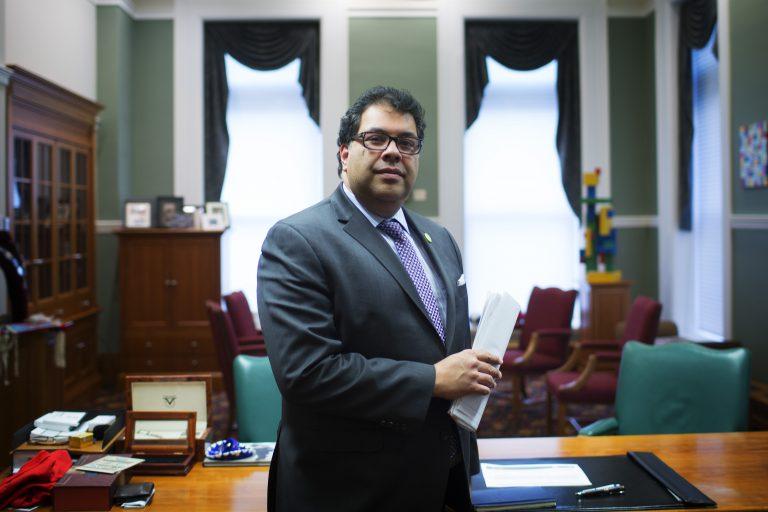
CALGARY, AB – JANUARY 27: Mayor Naheed Nenshi in his office in Calgary, Alberta.
(Todd Korol/Getty Images)
Share
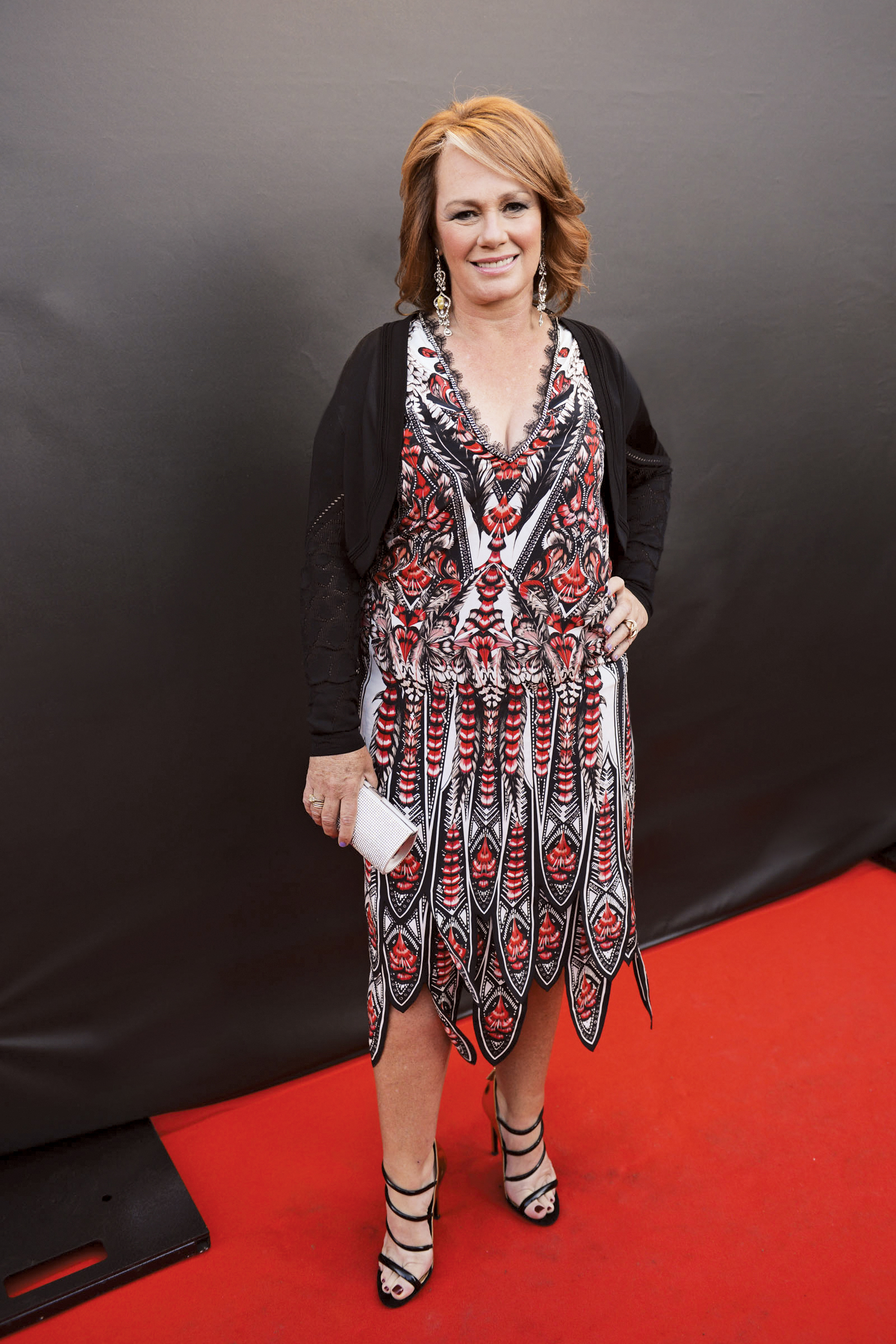
Arlene Dickinson
63, baby boomer, general partner of District Ventures Capital and judge on Dragons’ Den, from Calgary
I really have never defined myself by my age or stage. I don’t think of myself as a boomer. I think of myself as the age I am. When you start to define generations and segment people, you lose the nuance of the individuality that actually is present. I don’t like when a marketer says, “We want to talk to 18- to 24-year-olds,” as if they’re all the same.
How does a Greta Thunberg become so big? She became that big because social media allowed her voice to be heard in a way it could never have been heard five years ago. We have all these communities of people who are coming together in a tribal manner because of what they believe. That’s why you see boomers marching with younger children. It’s about purpose and principle versus age.
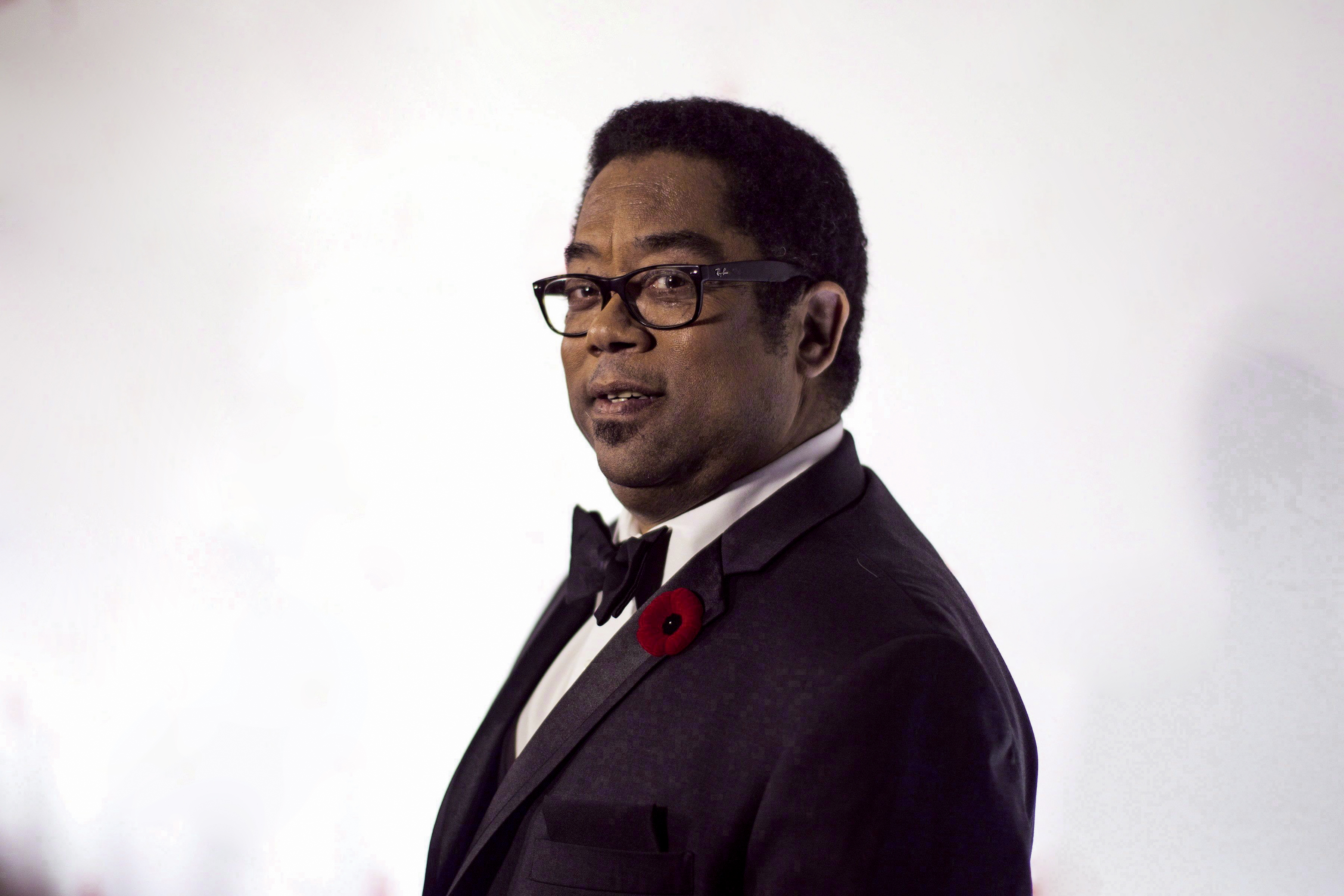
André Alexis
62, baby boomer, author of Fifteen Dogs and Days by Moonlight, born in Port of Spain, Trinidad, and lives in Toronto
I can maybe start to say what defines my generation in terms of my profession. I’m aware of going from a time when you didn’t write about Canada and the idols were all men—Hemingway, Fitzgerald, Joyce and Beckett. And then that changed to allow a lot more people in. I would think boomers were the start of that inclusiveness.
The current generation is even more open with what it allows in. I’m teaching this year, and when it comes to the art of fiction, I feel that aesthetic issues and concerns are still common ground: Is this good? How does it sound? What is it doing? In some cases, with the newest generation, I think what’s important is your political stance: Who wrote this? Where does it stand politically? Is it relevant because of its politics, or not?
One question that my generation might be able to help ask: Are we part of a society that is comfortable with our leaders being above us, in the sense that they are not responsible to us? If there’s anything writers of my generation can do, it’s to make their audiences conscious of that question: What do we want of our leadership?
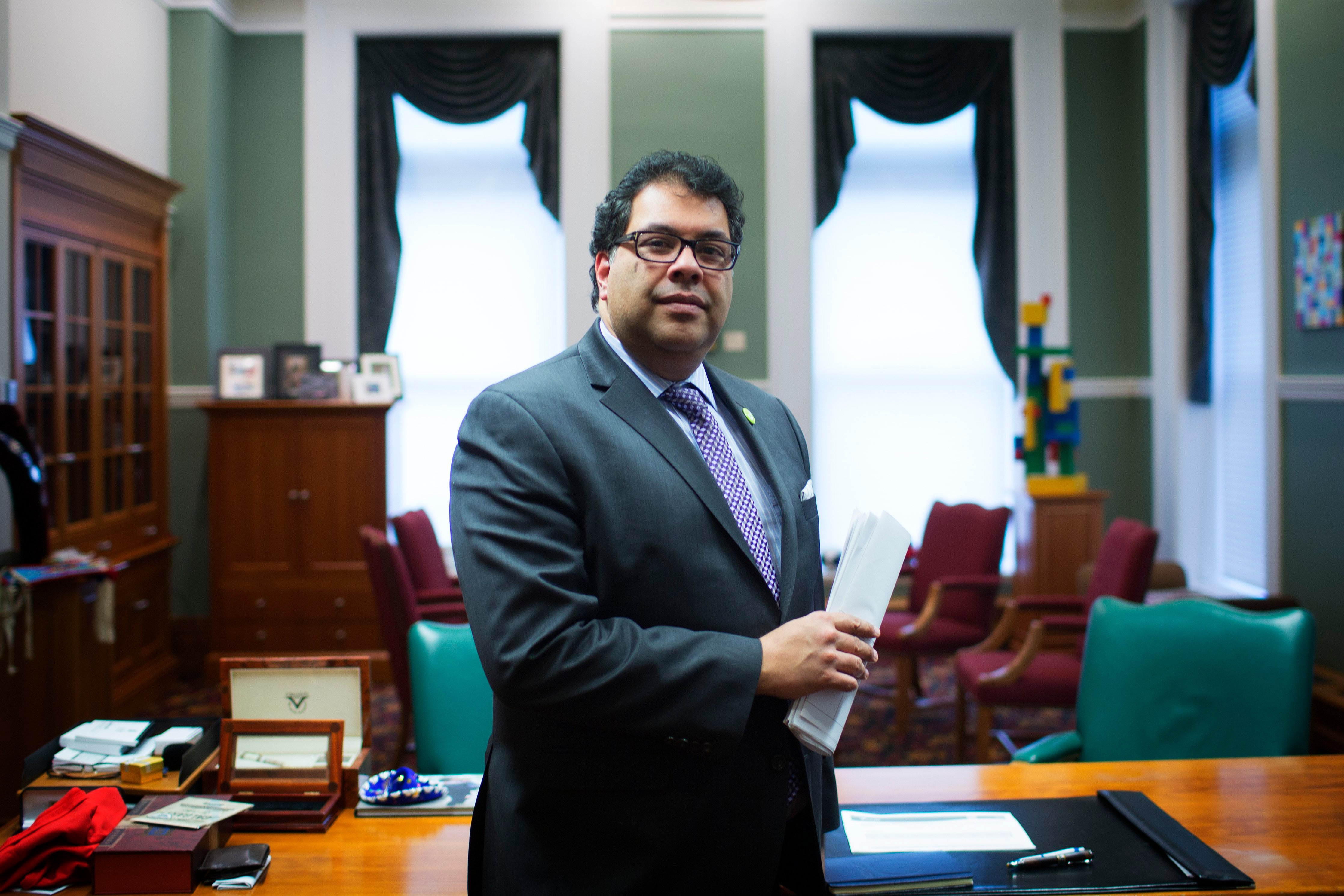
Naheed Nenshi
47, Generation X, mayor of Calgary
In the ’90s, when Douglas Coupland’s Generation X came out, Gen Xers were viewed as slackers, underemployed and lacking direction. Now, Gen X is mostly people who go to work, try to raise good kids, look after aging parents and do community service—all in a world that was made by those before us and is being remade by those after.
We’re a bridge between very different generations. Boomers had schools built for them and created the Cold War world in which we grew up, while the world’s tastes are geared toward people younger than us. Too young for Céline and too old for Drake, it feels inauthentic if we like either . . . and I like them both!
We grew up with the three Rs—reduce, reuse, recycle—but we weren’t really pushed to make major lifestyle changes to protect the earth. We want to be fiscally responsible, but we don’t like taxes. We’re acutely aware that we’re getting older, but don’t have the services our parents rely on. We’ve got kids who might be gay, who have friends we might not understand and who challenge us to turn our vague beliefs into real change.
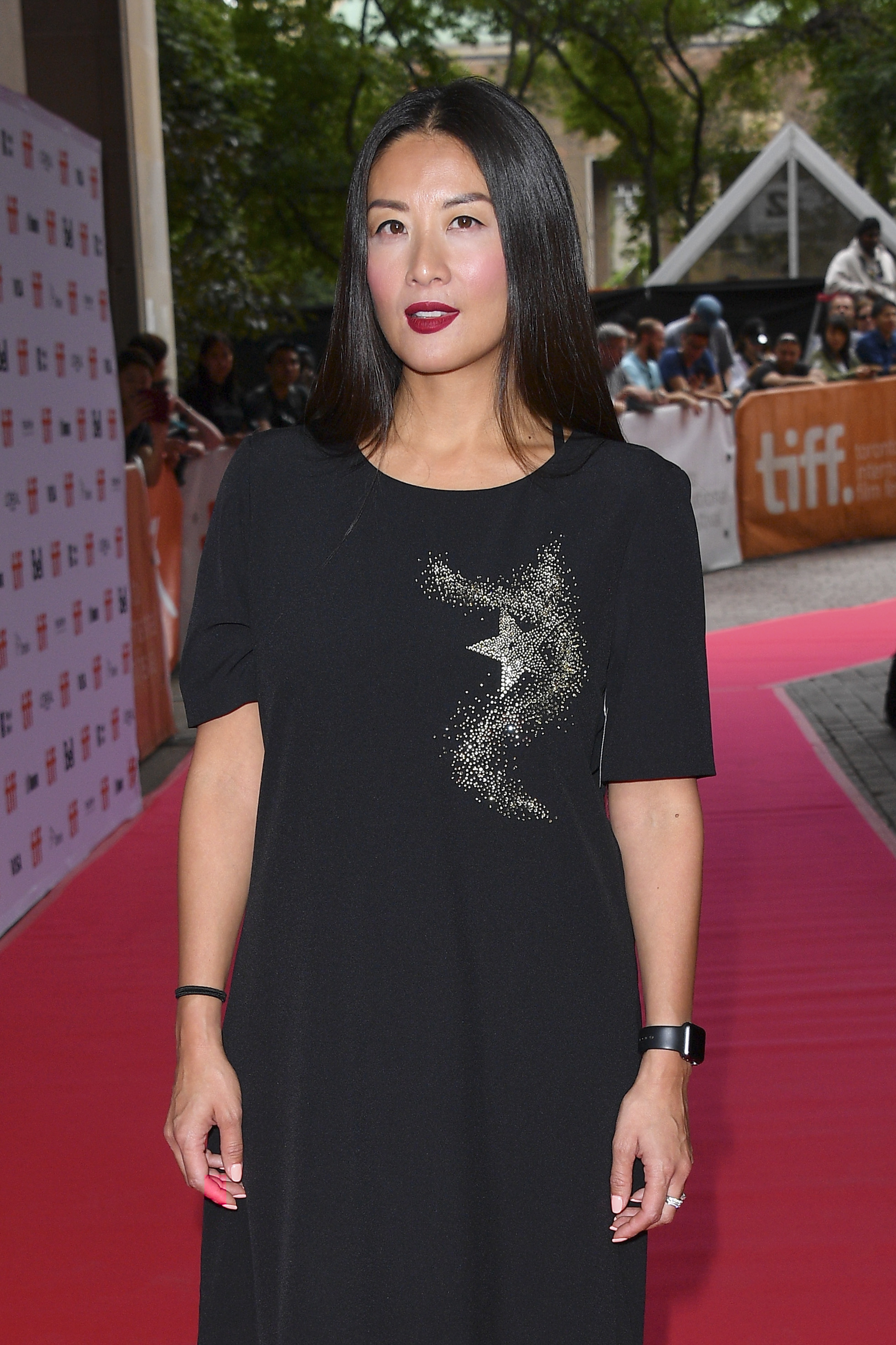
Elaine Lui
46, Generation X, host on The Social, from Toronto
I think about what millennials and Gen Z say about their future and how they can’t afford to live anywhere. Right now, the go-to phrase is “OK boomer,” which gets at how boomers ruined everything for young people, but I don’t think Gen X is blameless. People my age are the ones who contributed to soaring house prices in the country.
We’re able to travel and enjoy life in a way younger generations can’t. However, I’m excited for younger generations. A lot of the conversations that are happening now surrounding #MeToo and sexual harassment are going to benefit millennials and Gen Z.
That being said, there are lots of things my generation can do to improve. The number one thing is to be as open to criticism as possible. I’m trying to work on that. Cancel culture is prevalent right now—younger generations are more willing to be confrontational and have uncomfortable conversations. That’s how you grow up. A lot of the time, the people who are at risk of being “cancelled” are my age. In order to avoid that, you have to pay attention and be willing to change.
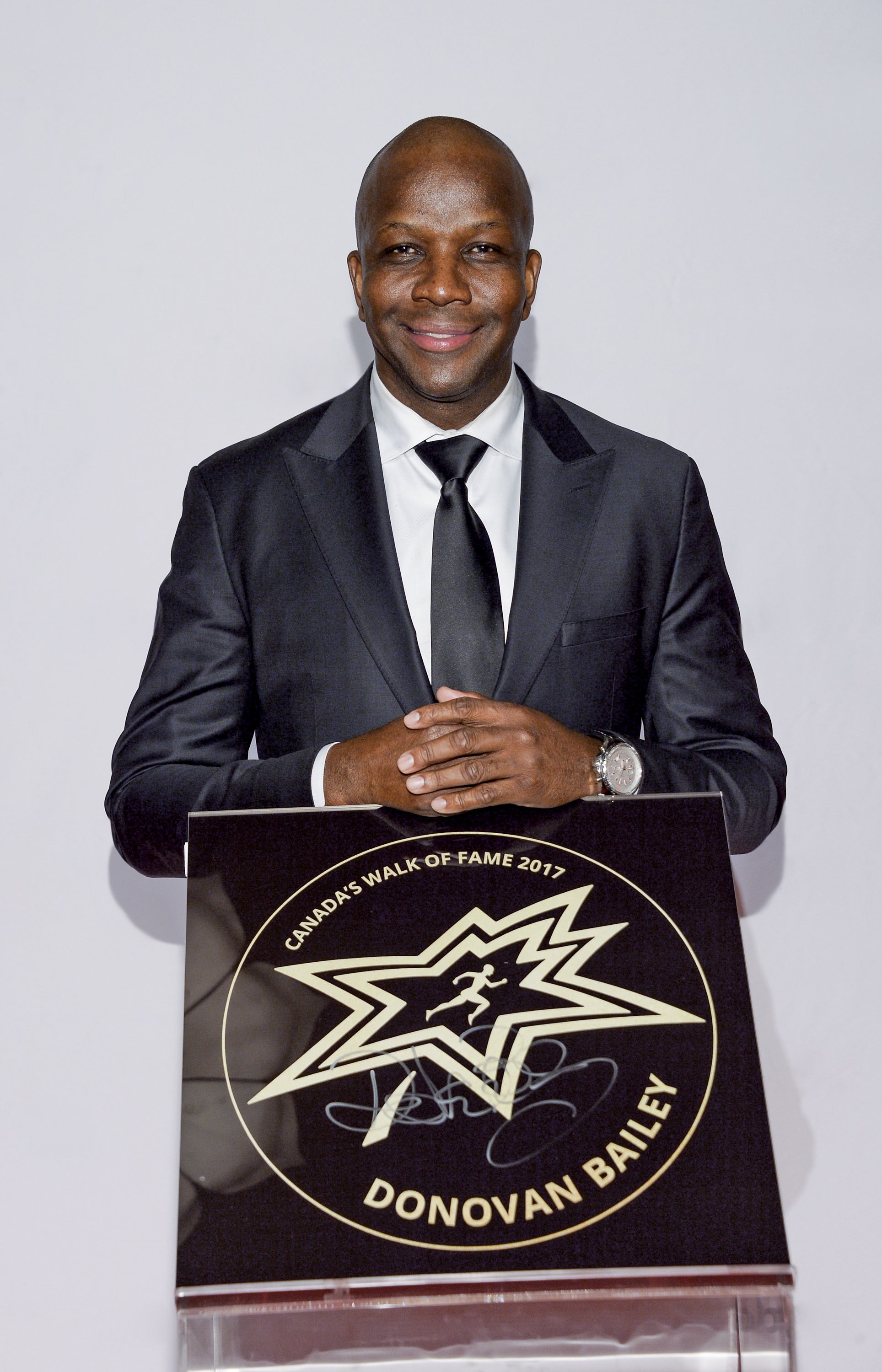
Donovan Bailey
52, Generation X, an Olympic gold medallist, born in Manchester, Jamaica, and lives in Toronto
At the tail end of our generation’s coming of age, the internet developed, and I think the way we’ve made use of it is to make the world more compact and easier to live in. I’ve definitely learned that working smarter is better than working harder.
The current generation can achieve a lot more than we were able to because of how much information is available, but they really have to focus. My daughter is 25 and my son is 14, and I learn from both of them about how to access all the information that’s out there, but I also hang onto the lessons I learned from my parents—who were boomers—about how disciplined you have to be. And this is something my kids also need to learn, especially since it’s even harder to keep focus and discipline now. Kids today can get confused.
In terms of what our generation needs to fix . . . Perhaps we picked up some residue of whatever closed-mindedness the boomer generation left behind—intolerance of those different from us, for example. That might be something people in my generation could find a way to let go of.
George Stroumboulopoulos
47, Generation X, Host of The Strombo Show on CBC Radio, from Toronto
I believe every generation has the same elements, just in different numbers.
We were the generation that realized very quickly that institutions were lying to us. Today’s generation is about opting into brands and into systems and we were about opting out. Of course, distrust of institutions has been around as long as there have been institutions.
I still have that rebellious distrust for the system. The older I get, after succeeding and failing in one degree or another, the one thing that remains the same is that I do not trust the institutions in this country—or in any country.
This new generation of ‘woke’ kids—their parents are the Gen X parents. I think that today’s kids are wide awake to what’s happening in the world because they were raised by Gen X parents.
The truth is that despite what each generation claims, nothing has really changed. We’re seeing this wild, woke, younger generation but voter turnout still isn’t that high and the same parties win. I look at politics and think it’s not that different from the political reality of 40 years ago. Donald Trump, Andrew Scheer, Doug Ford— they’re not dissimilar from the blowhards I grew up with.
My generation has to put their elbows out and make a safe space for people who want to make change. Our job is to fight for and protect Greta Thunberg and those like her. Instead of being dismissive, we need to be encouraging and take the lumps from other members from our generation who don’t understand progress.
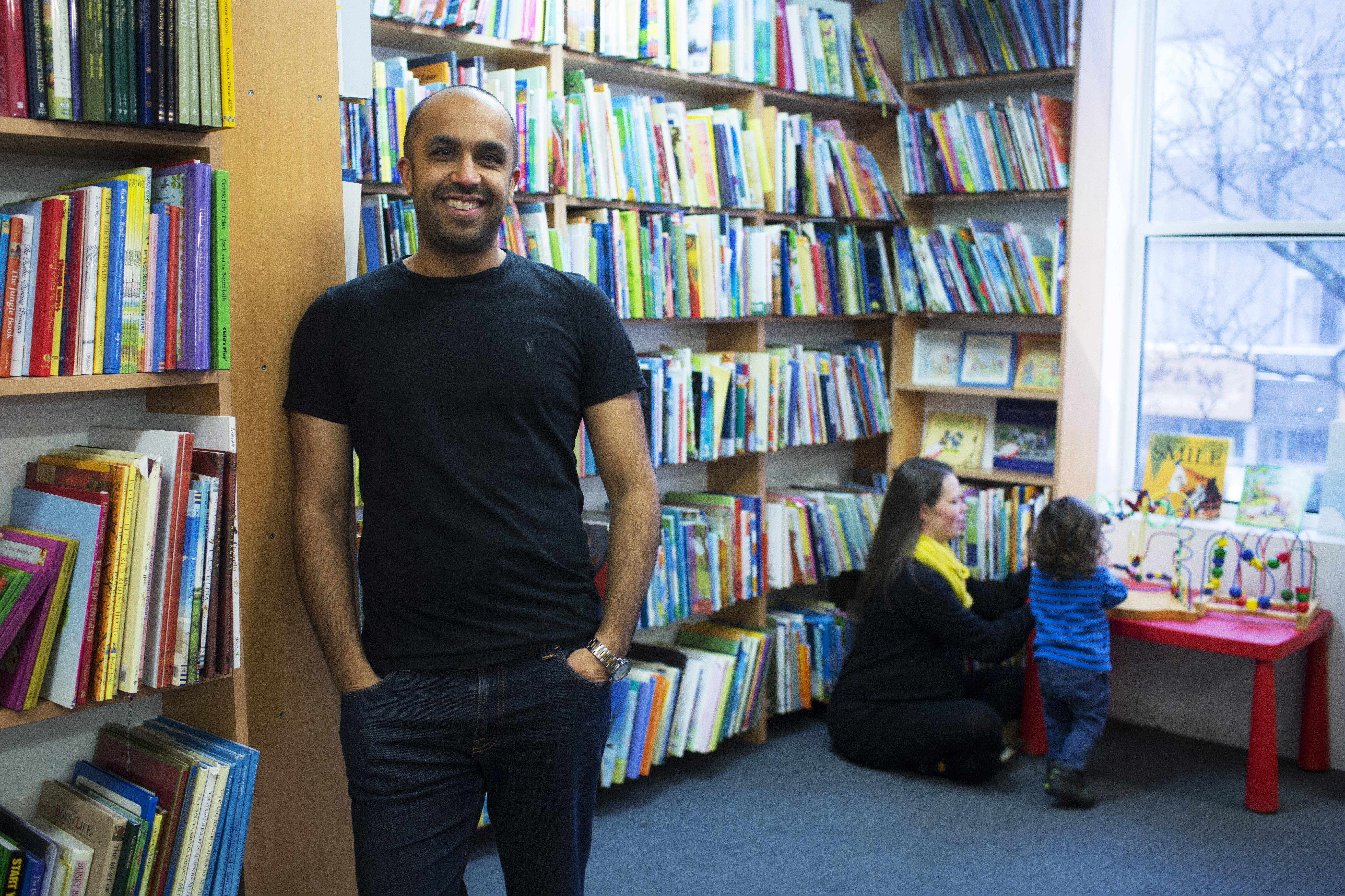
Neil Pasricha
40, between Gen X and millennial, author of The Book of Awesome and You Are Awesome, from Toronto
A very nice woman from Maclean’s called me up and asked me how I felt about being a Gen Xer. I said I’m not a Gen Xer. She asked if I was a millennial. I said no, I’m not a millennial either. And I didn’t say that because I was born in 1979, straddling those two generations almost perfectly. I said that because I don’t think there are generations. I reject the entire sifting, sorting, and bucketing of today.
Can you name a boomer in your life who is digitally savvy? Or a Gen Z whose growing aversion to social media has caused them to pull back from the drug? Of course you can—we all can. And yet, you’d be hard-pressed to find any boomer or Gen Z categorization that mentions these people.
I don’t laugh at jokes about how millennials are lazy and don’t want to do hard work. I don’t laugh at jokes about how boomers are the only ones reading newspapers. I don’t laugh at jokes about how Gen Zs have no attention spans. Enough sorting! Enough filtering! It’s time to recognize that we all want to connect deeply with others, learn new things, and be a part of something bigger than ourselves.
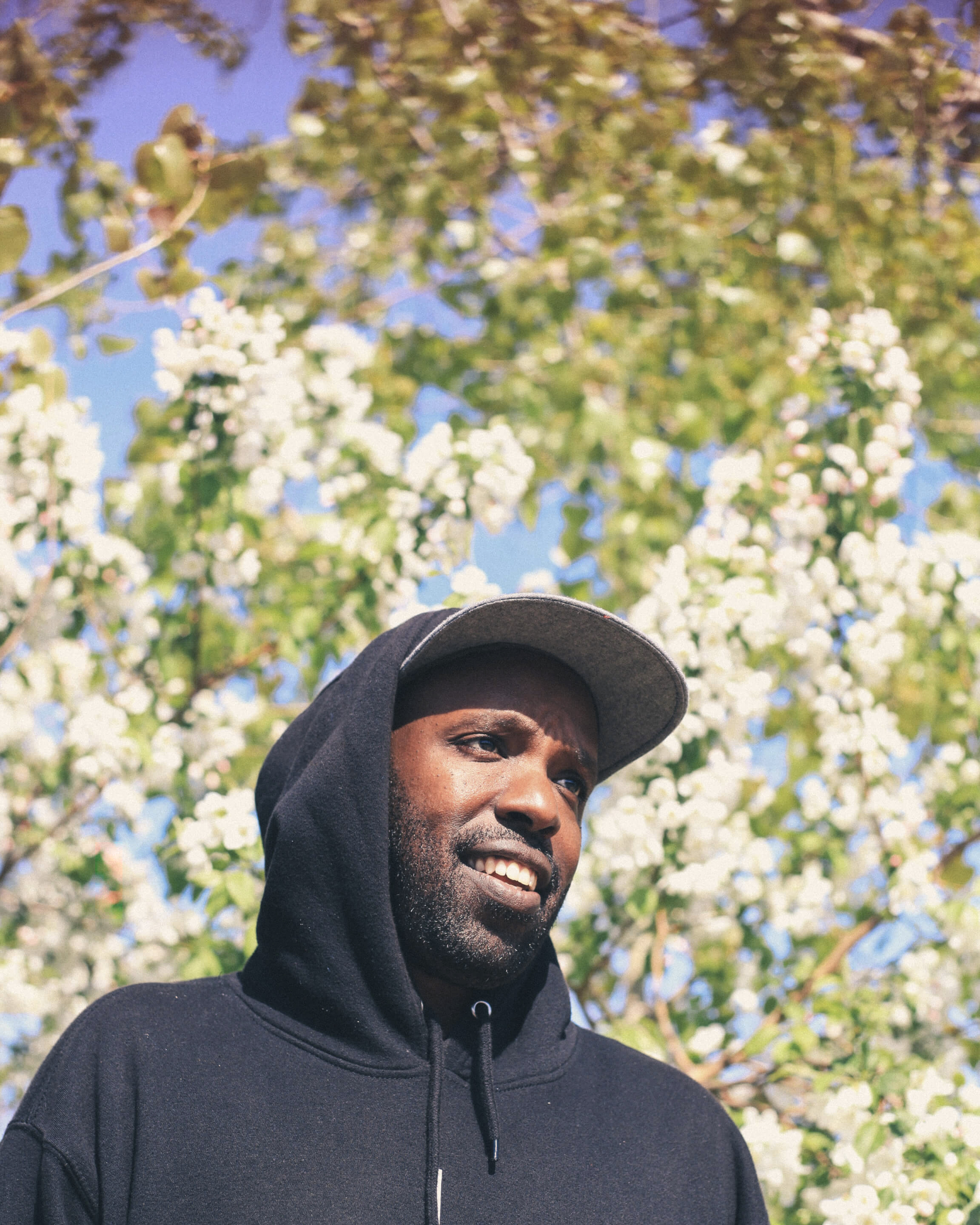
Shad
37, between Gen X and millennial, a rapper and host of Netflix’s Hip-Hop Evolution, from London, Ont.
I got my first email address when I entered university. When I graduated in 2005, there was no Facebook in Canada, let alone YouTube, Twitter or Instagram. Everyone I went to school with went to work for Blackberry. I didn’t have a cell phone until I was 25.
I was born in 1982: a little window where you could pick certain aspects of each generation—Gen X and millennials—to be part of your life. I have a job my parents don’t understand that involves bouncing around. That’s very millennial. At the same time, I got into the housing market before it was impossible and I’m loyal to certain institutions—I’m married, and I’m religious.
Straddling Gen X and millennials, I grapple with how fast things are changing. Interestingly, I think our generation struggles with things that were simple and fundamental to previous generations, like maintaining community and privacy. For example, my dad worked for General Motors and when I was in high school, that was one of the biggest companies in the world. Back then in the ’90s, he wouldn’t have been able to understand that companies like Google and Facebook could become so much bigger than GM, not to mention the all-encompassing nature of those companies. How are we supposed to conduct our lives when we still don’t understand most of the things that govern how our lives work?
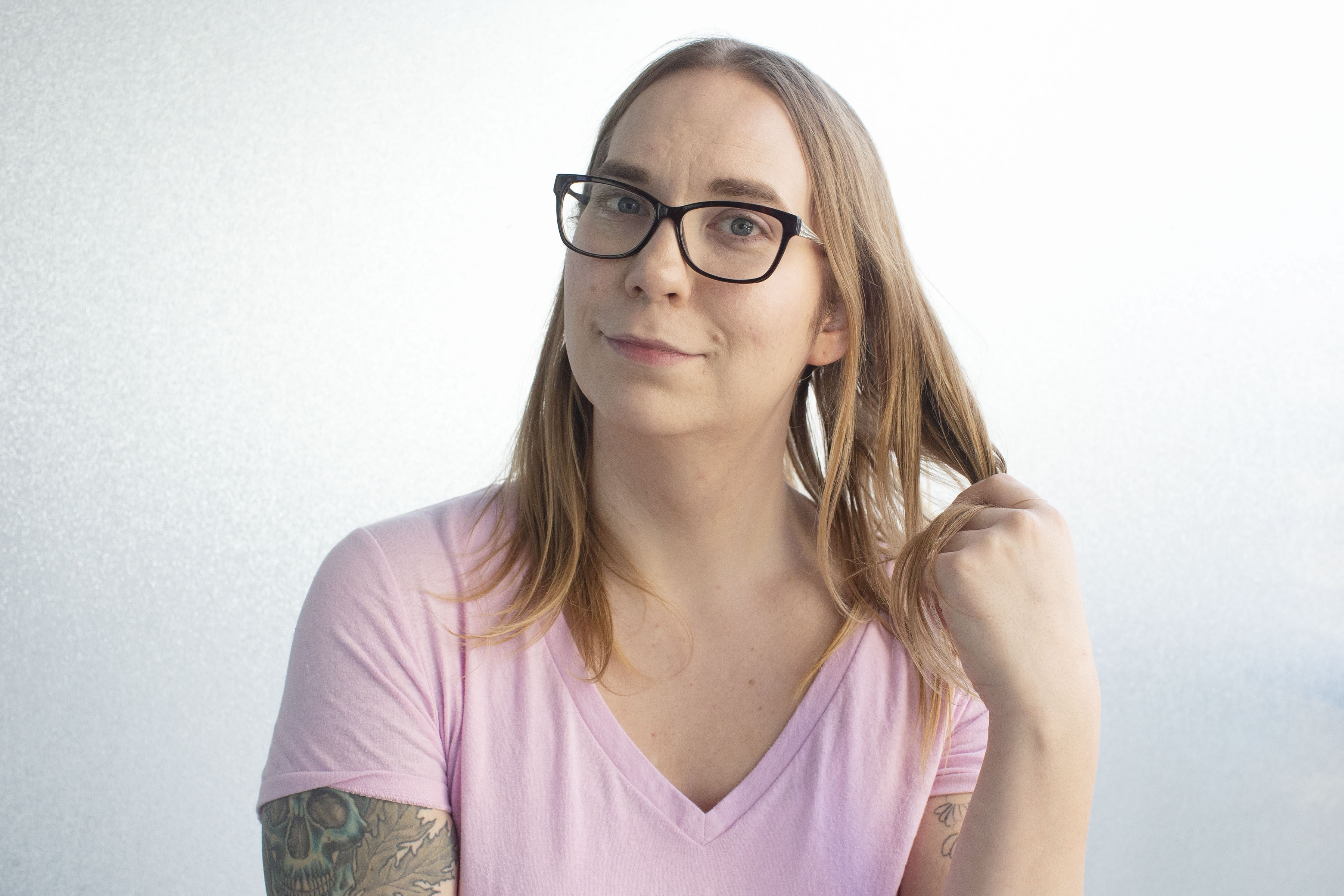
Gwen Benaway
32, millennial, a writer from Toronto
I embrace the label of “millennial.” I was 13 years old in 2000. I vividly remember having my first computer, using the internet when it was dial up, and the days of MSN Messenger and Napster. All of the stereotypes of millennials apply to me—having a strong online presence, nostalgic about the ‘90s, working multiple jobs in order to pay rent, and resentful of older generations who didn’t do the work of making sure that our society was sustainable.
I think people in other generations imagine millennials as vapid and lacking in cultural sophistication, but I see my generation as one of the most informed and culturally engaged populations.
We lack the security of previous generations, economically and socially. Our lives don’t follow typical scripts because it’s impossible for us to live like older generations. We don’t have affordable housing. We don’t have retirement plans. We live paycheque to paycheque with increasing debt in an extremely competitive job market. What I’ve learned from older generations is that it’s very important to be politically engaged. If we don’t organize and resist injustice in our world, we’ll end up like the boomers—enablers of a sharply inequitable society.
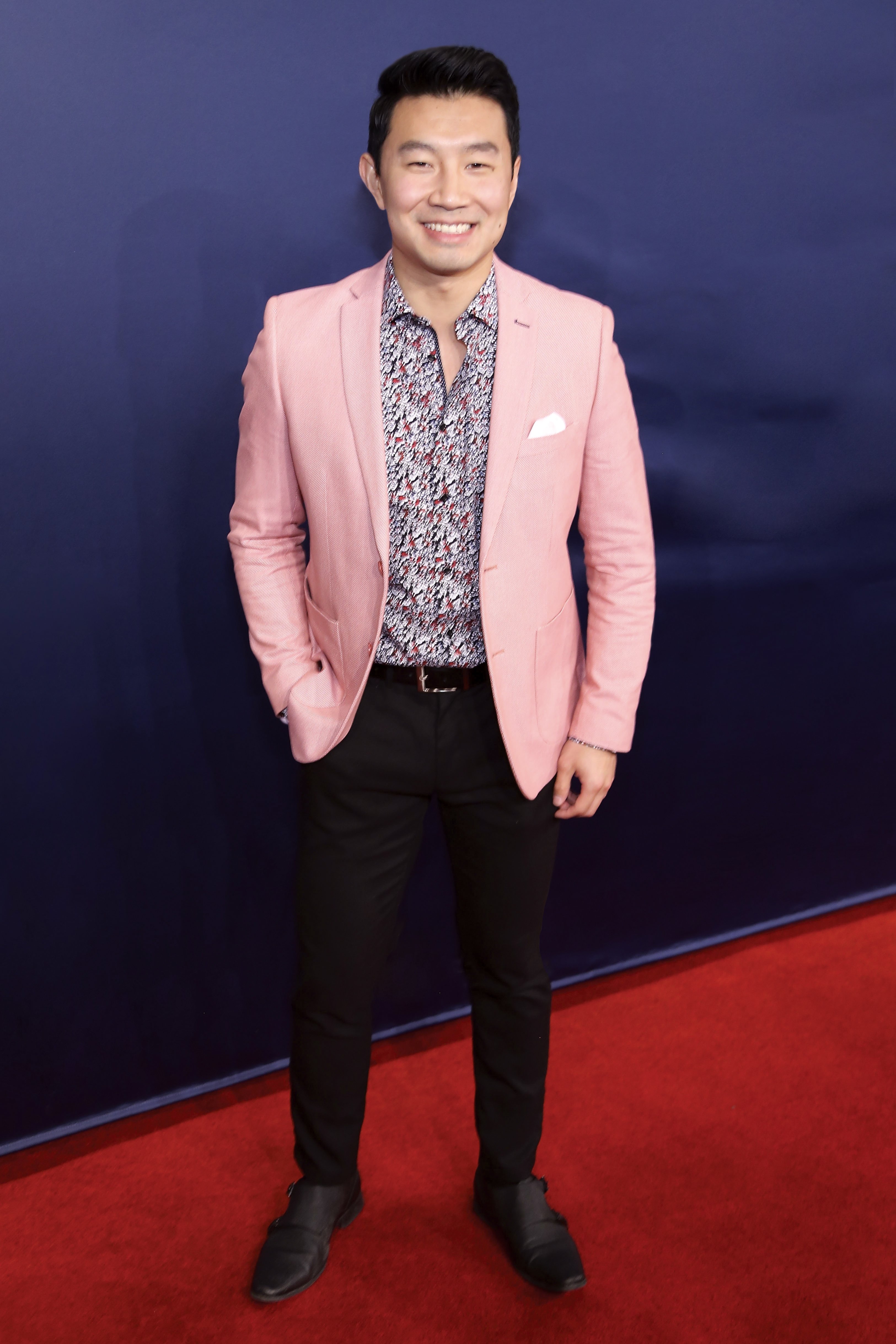
Simu Liu
30, millennial, an actor from Mississauga, Ont.
Millennials are the “self” generation—self-motivated, self-employed, and maybe also a little self-absorbed.
That’s not necessarily a bad thing. We’re more likely to think about what’s best for us, whether that means switching careers, taking on side hustles, or founding startups instead of staying at one company for many years. For many of us, our parents’ primary concern was putting food on the table; now we get to cherish the privilege of searching for a greater purpose.
But as we keep working on ourselves, we risk losing something integral to our humanity: our empathy.
Millennials are getting worse at connecting with people whose lived experiences and viewpoints are different from ours. That’s not because we were coddled, led to believe that we’re special. We just got too busy with our own grind to care about much else. Human bonds are forged through mutual vulnerability, so let’s share more of our selves with those we love and trust (and even a little with the ones you don’t). Listen to those who have lived different lives than you. You’d be surprised at how much richer your life becomes.
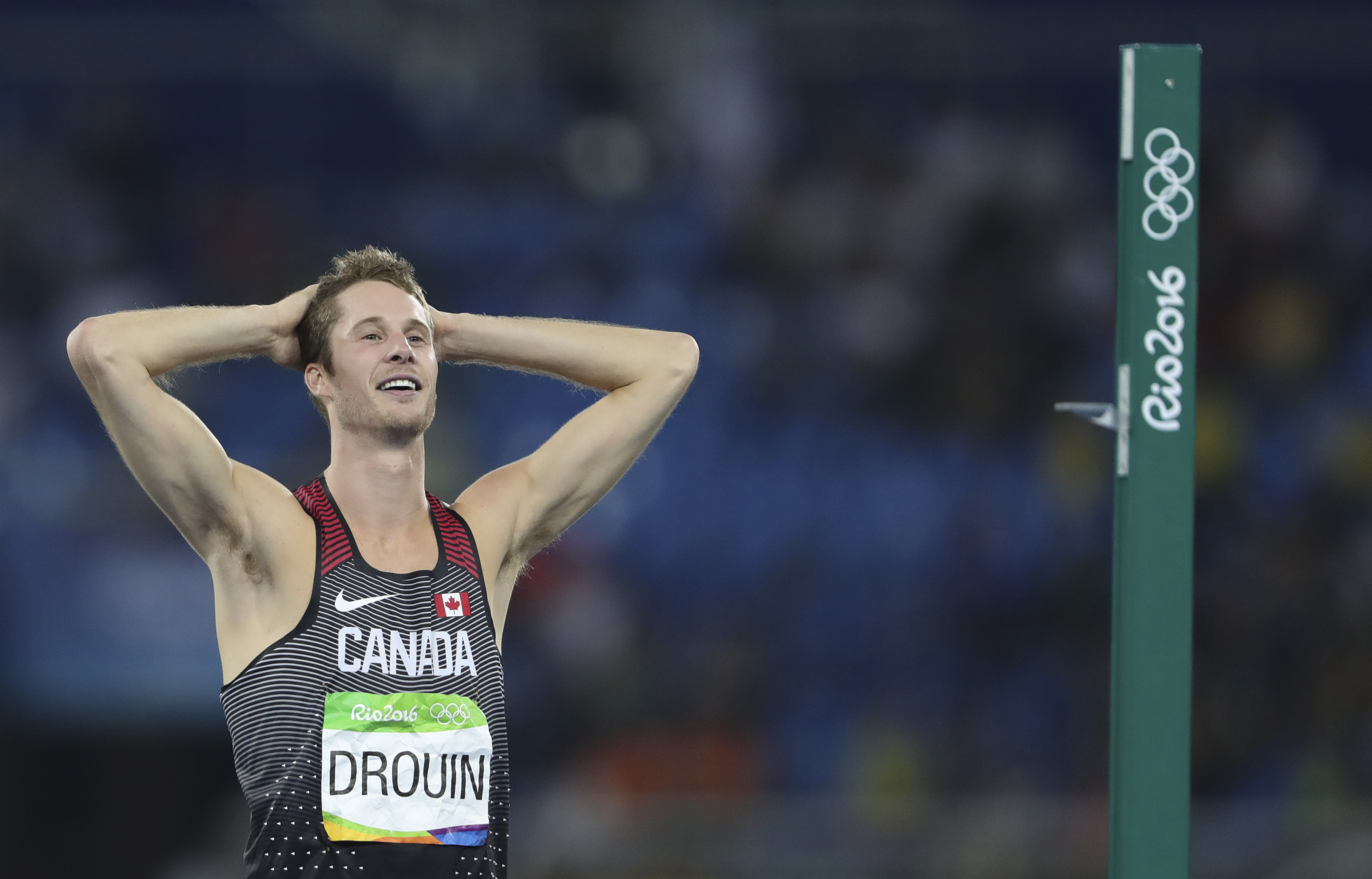
Derek Drouin
29, millennial, an Olympic high jumper from Corunna, Ont.
When I think about what defines a millennial, what comes to mind are jokes like, we can’t afford houses because we like avocado toast too much! I love avocado toast, but I also own a house.
Baby boomers and Gen Xers also make fun of millennials for being lazy or living with their parents until they’re 30, but it’s a very different world than when they were in their 20s and joining the workplace. When most millennials entered the workforce, it was around a major recession, so going to school was a huge financial burden. It still is, but finding a job and buying a home also became really difficult.
When it comes to physical activity, I do relate more to previous generations compared to those of the current day. I think some people would rather stay inside and play video games or only do one day of phys-ed at school per week. So I’ll go against our team, and say that millennials are lazier in terms of physical activity, but not in terms of work ethic.
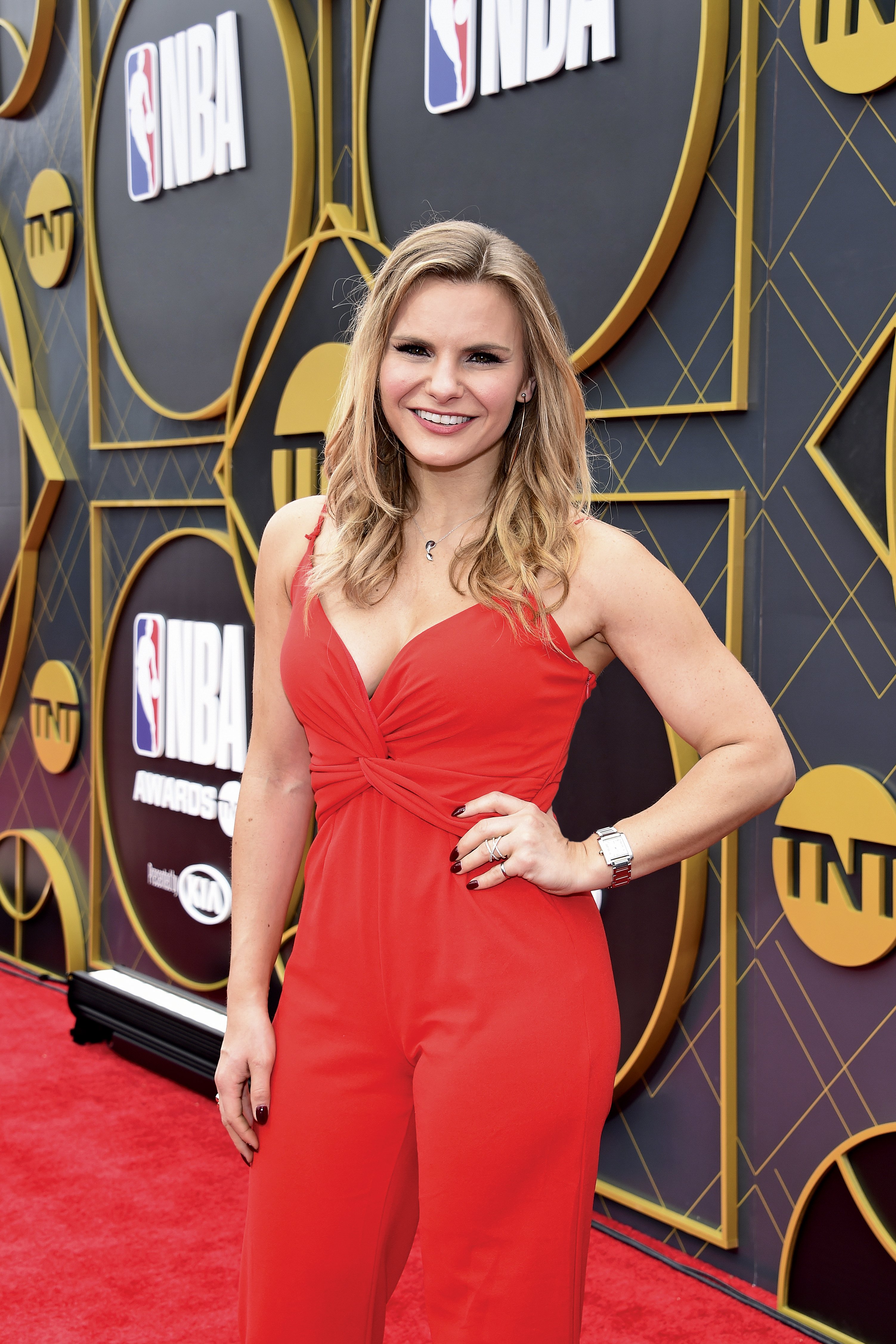
Michele Romanow
34, millennial, co-founder of Clearbanc and judge on Dragon’s Den, from Calgary
I think of the defining characteristic of a generation as: where were you when the internet entered the world? (I was in university when I got Facebook and my first smartphone—the Blackberry.) With the introduction of e-commerce platforms and crowdfunding, businesses could get going with a few hundred dollars, instead of thousands. That has made millennials extremely entrepreneurial.
At the same time, we’re the generation that started social media. We remember life without it, so I think millennials also need to fix some of the issues that come with it. It’s not healthy to be addicted to our phones and social media, with likes and online social validation. You can’t solve meaty problems if you’re constantly being reactive, which I think is what social media often encourages you to do.
People often think of the younger generation who grew up with the internet—Gen Z—as impatient, but I find them inspiring. Most of Clearbanc’s new hires are Gen Z. Because they grew up with mobile tech, many of them had a side business. They make me increasingly more optimistic about what this generation can build.
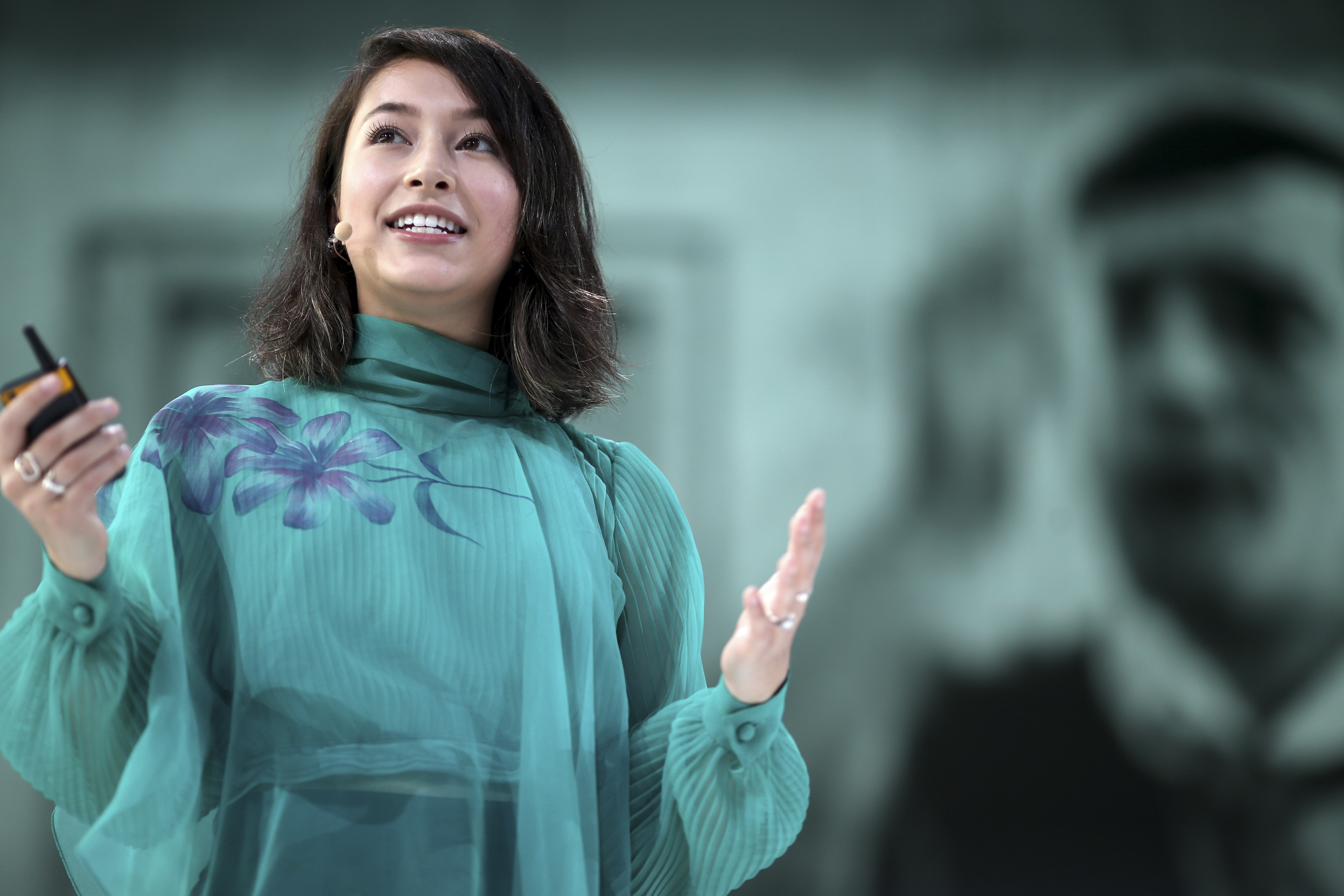
Ann Makosinski
22, Generation Z, an inventor from Victoria, B.C.
To be honest, I only recently realized that I’m not a millennial, I’m actually a Gen Z. I was only 15 when I started to speak at conferences about being an entrepreneur and inventor, and I found that people didn’t take me seriously because of my age. There are lots of Gen Zs who are constantly on their phone, scrolling aimlessly through Instagram and making TikToks as a means of finding themselves or being seen by others amongst the clutter of social media. Even though we indulge in these frivolous acts, I wish older generations would take us seriously and see our potential.
I struggle with boomers’ perceptions that a degree is necessary to find a job, and that art is only a hobby, whereas science is a career. Right now, the way I’m earning money is super unconventional—I work with brands and give keynote talks. The line of green-energy children’s toys I’m working on mixes my love for art and science, a combination that I believe leads to the best inventions. I hope more people begin to realize that young people—specifically Gen Zs—can make a difference.
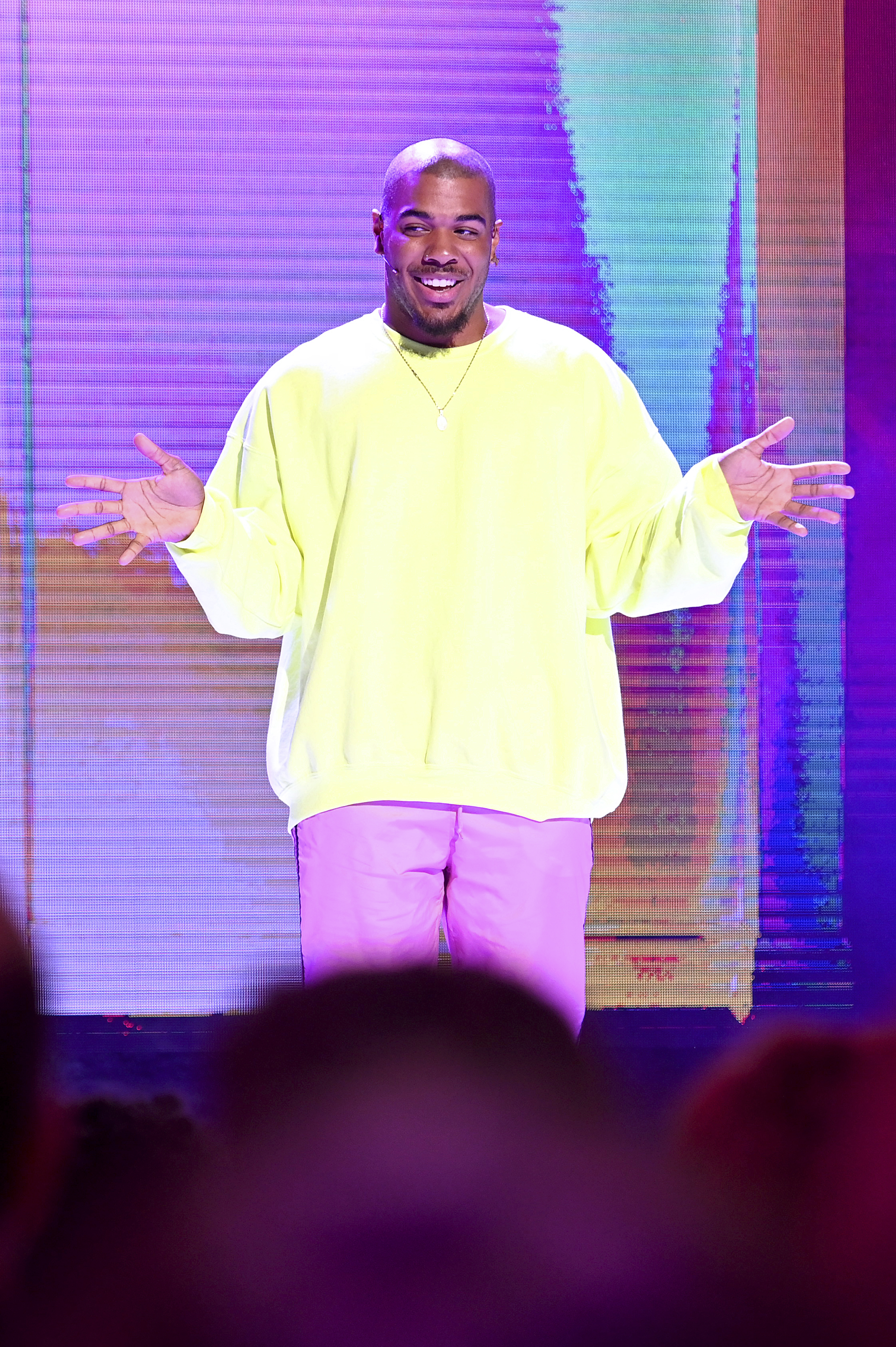
Donté Colley
22, Generation Z, a social media influencer from Toronto
I’m Gen Z, but I’m also on the cusp of being a millennial. I was born in 1997, when the internet was just starting to pump out its stuff. For me personally, I think of Gen Z as the digital era of people.
After graduation, Gen Zs often fall into a grey space. We expect that we’re going to go into the field that we want, but it’s actually very challenging to find work that you’re passionate about because generations ahead still occupy so many of the positions. So we’ve turned into a very entrepreneurial generation—we’re making the work for ourselves.
I guess that’s why I’m so inspired by creating content, and showcasing that online. Previous generations didn’t grow up with digital media the way Gen Z did, and they were initially not necessarily supportive of where the industry was going, but I think they’re starting to understand its importance from a business perspective. Gen Z really contributed to digital media’s importance and shaping how the internet works today. Digital media created jobs for us—it’s the way that we are planting our feet.
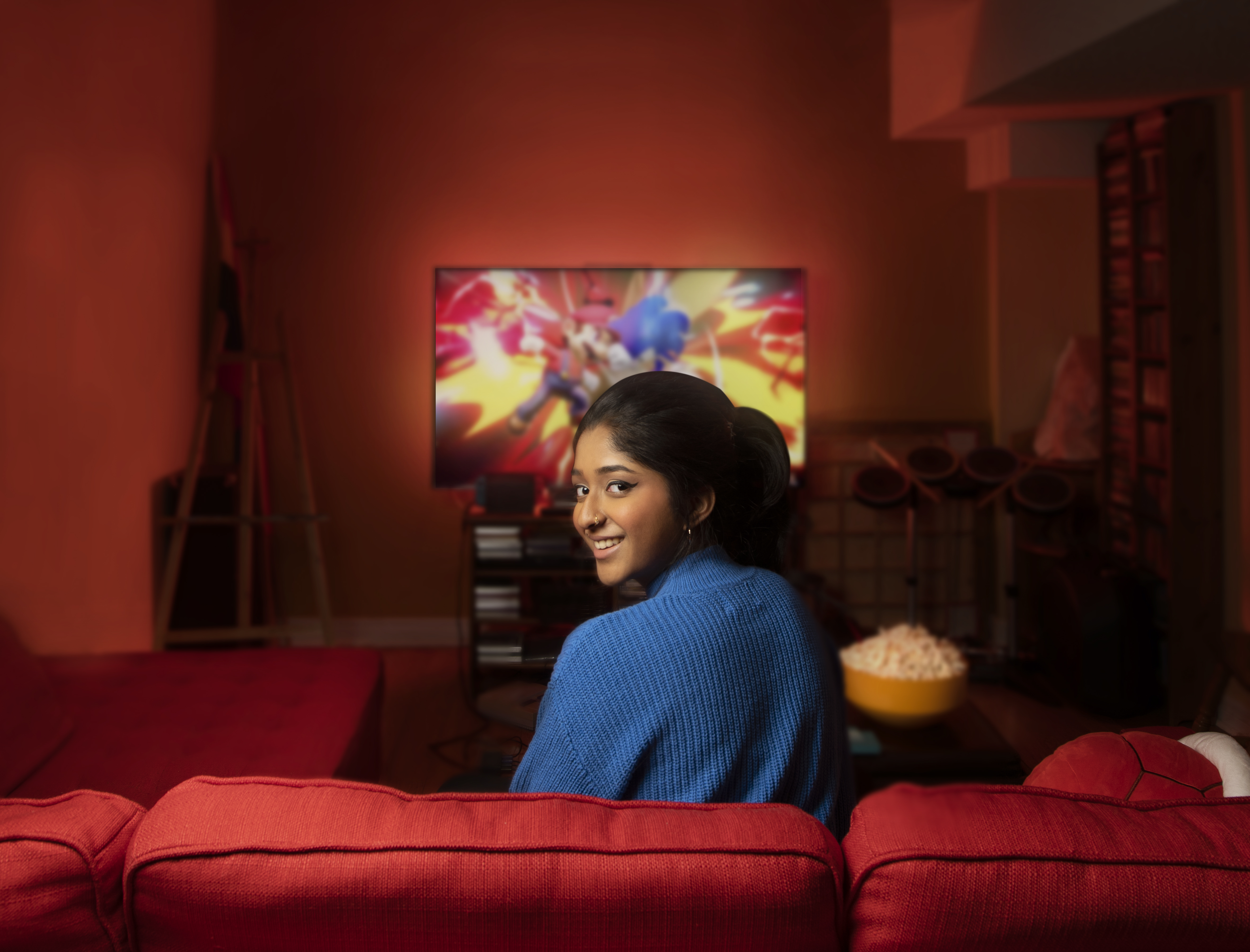 Maitreyi Ramakrishnan
Maitreyi Ramakrishnan
17, Generation Z, an actor from Mississauga, Ont.
People stereotype Gen Zs. They say that we’re addicted to our technology and that we don’t know how to have face-to-face conversations. Based on that, I don’t feel like a typical Gen Z.
People think that we’re uninformed, yet overly passionate, like we’re just having a tantrum. But we’re not. We know our facts and we are informed because we use technology to inform us. Gen Z is very social justice-minded. We have a strong sense of morals and we’re aware of world issues.
Every generation has a uniting passion around certain issues. For Gen Z, I think our biggest challenge is climate change because we’re seeing the bad environmental effects of what humans are doing to our world. There is this sense that climate change was caused by older generations and now we have to deal with it, but Gen Z doesn’t care about blame. It just needs to be fixed. That’s the priority. On top of that, we also see how that’s going to affect the next generation—Generation Alpha—and the world they have to live in.
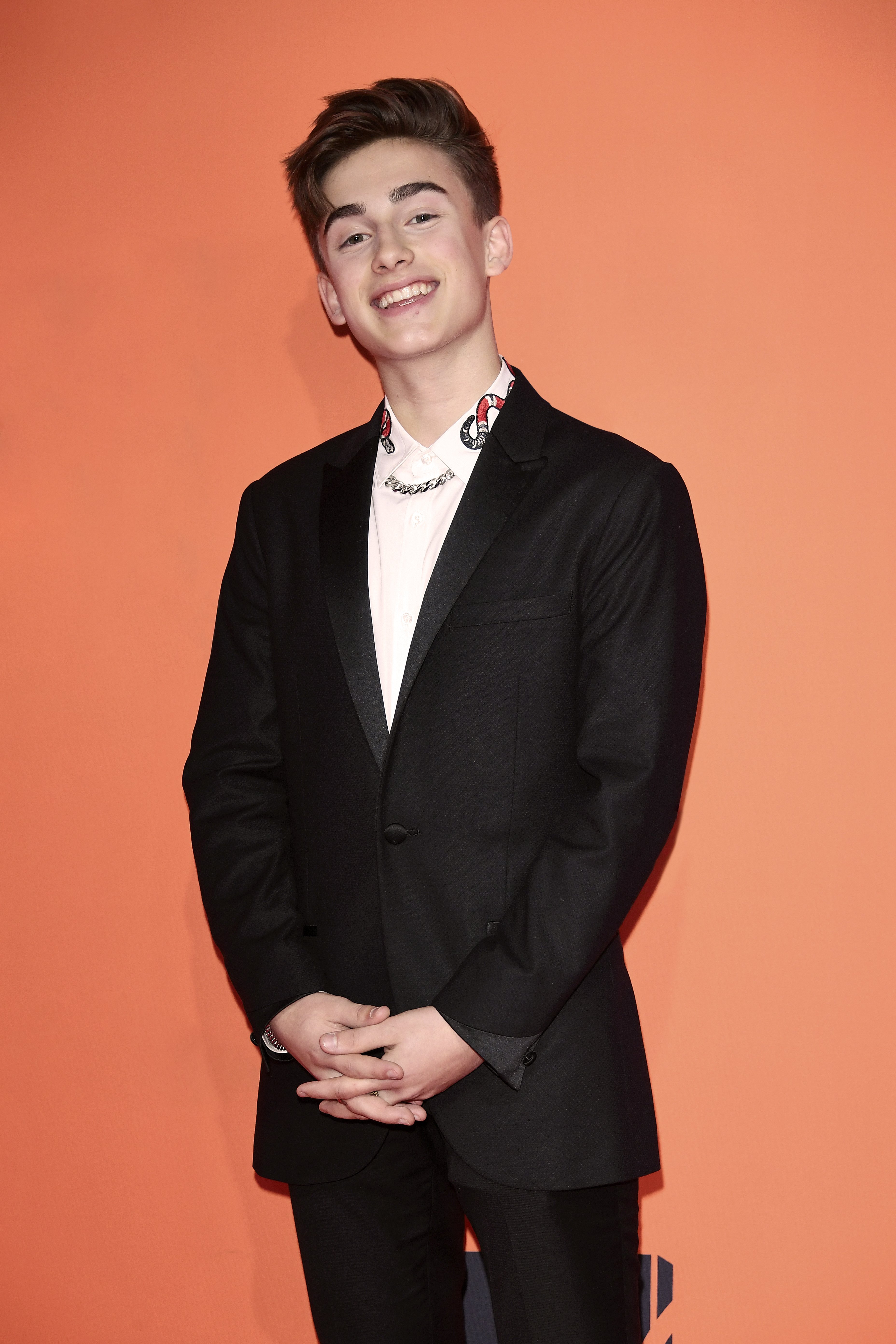
Johnny Orlando
17, Generation Z, a musician from Oakville, Ont.
What’s really special about being from my generation is all the advantages that we have because of technology. When I’m in L.A., I’m talking to my teachers on the internet, I’m emailing them and I’m doing research assignments without having to go to a library. (I’ve never been to a library.) I think we’re able to accomplish more because there are fewer barriers. The way I gained popularity on YouTube is a great example. That was not possible for other generations.
Greta Thunberg was Time’s Person of the Year, which is amazing, but a common criticism about her is, “Oh she’s just a teenage girl, she doesn’t know what she’s talking about.” That’s just not true anymore. With the internet, there’s access to information so she can read and she can form opinions, and the rest of us can as well, which I think is really special.
I think everyone just has to keep an open mind, my generation included. Forget things like “OK boomer,” or stereotypes about other generations because we can all learn a lot from them.